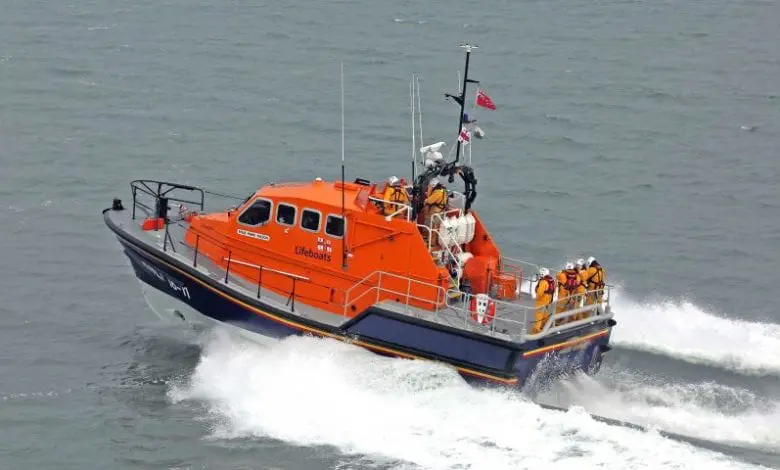Current AffairsLatest News
Coastal deaths at five year high
Domonique Wilsher
Send an email
2 minutes read

The number of deaths at the UK coast has reached a five year high, with 168 people losing their lives, according to the Royal National Lifeboat Institution (RNLI).
You'll need to
subscribe to unlock this content. Already subscribed? Login?
Domonique Wilsher
Send an email
2 minutes read
Read Next
Current Affairs
Monday, 17 February 2025, 16:05
Wales pledges additional £3m for bereavement services
Current Affairs
Wednesday, 22 January 2025, 15:32
WEC proposes bereavement leave for early miscarriages
Latest News
Tuesday, 14 January 2025, 15:46
Avalon launches new online purchase option for funeral plans
Latest News
Thursday, 7 November 2024, 12:18
Bank of England cuts interest rates to 4.75%
Current Affairs
Wednesday, 30 October 2024, 16:09
Law Commission considers updating centuries-old burial laws
Monday, 17 February 2025, 16:05
Wales pledges additional £3m for bereavement services
Wednesday, 22 January 2025, 15:32
WEC proposes bereavement leave for early miscarriages
Tuesday, 14 January 2025, 15:46
Avalon launches new online purchase option for funeral plans
Thursday, 7 November 2024, 12:18
Bank of England cuts interest rates to 4.75%
Wednesday, 30 October 2024, 16:09
Law Commission considers updating centuries-old burial laws
Related Articles

Funeral director appointed as new chair of Felixstowe Dementia Action Alliance
Thursday, 31 May 2018, 15:39






